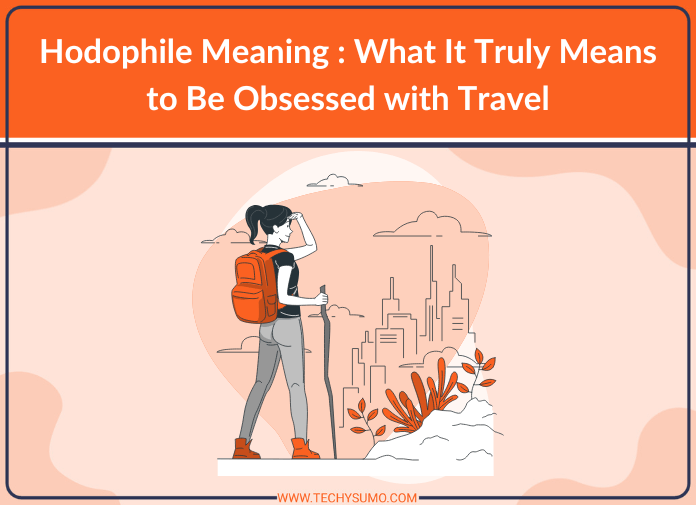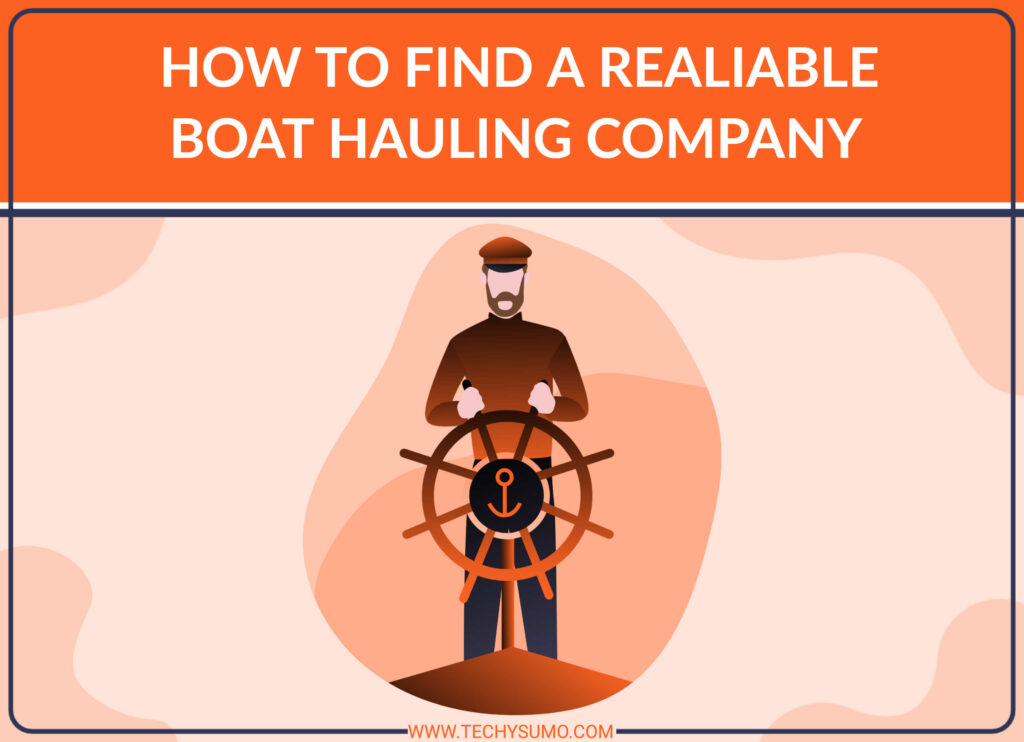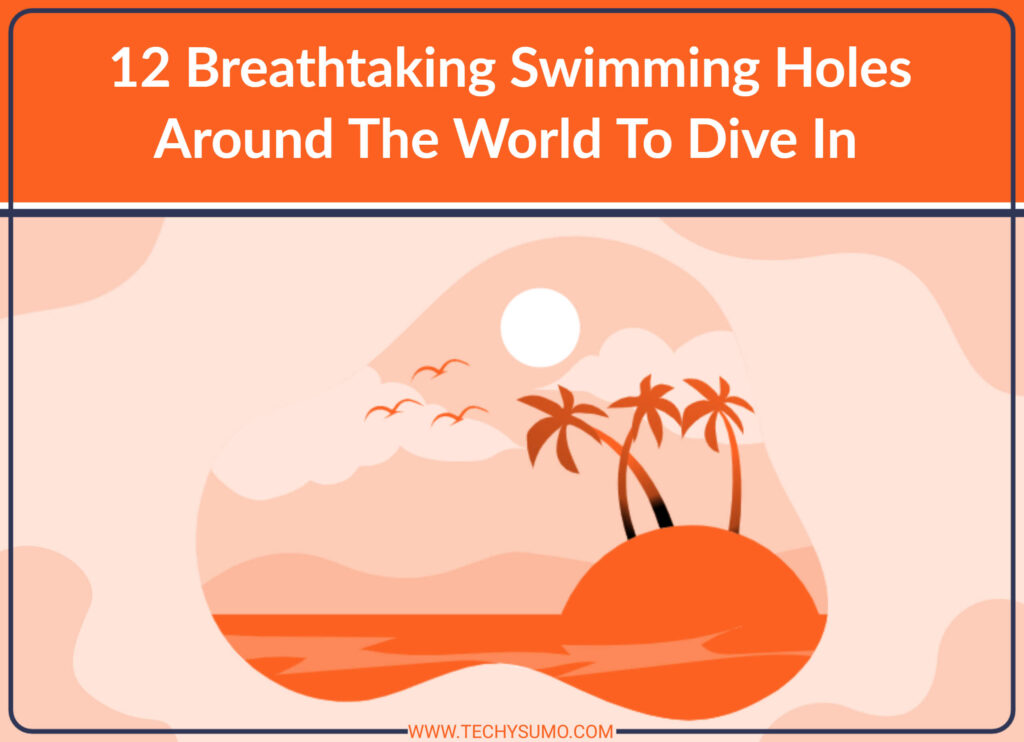Ever caught yourself dreaming about your next getaway even before the current one’s over? That relentless itch to explore, wander, and chase sunsets in faraway lands? Yep, there’s a word for people like you – hodophile. Let’s unpack what it means, why it’s more than just a love for holidays, and how it’s transforming people’s mental and emotional wellbeing.
Table of Contents
- What Is a Hodophile?
- The Magic of Travel: More Than Just a Holiday
- Why Hodophiles Travel: It’s Deeper Than You Think
- Adventure, Stress Relief, and a Little Bit of Therapy
- What Drives This Wanderlust?
- Why Do We Travel? The Reasons Are Endless
- The Psychological Perks of Travelling
- A Journey Into the Psychology of Wanderlust
- Final Boarding Call
What Is a Hodophile?
Alright, let’s get the fancy bit out of the way. The word hodophile comes from two Greek roots: hodos meaning ‘journey’, and philia, which means ‘love or affection’. So put it together and you get someone who’s head over heels for travelling. Not just a fan – we’re talking a full-blown, map-loving, passport-stamping, culture-embracing travel enthusiast.
Being a hodophile isn’t about ticking countries off a list for Instagram. It’s about the experience – tasting local street food, watching how the sun hits a new skyline, or simply getting lost in translation (literally and metaphorically).
The Magic of Travel: More Than Just a Holiday
Let’s be real. Life gets overwhelming. We’re all juggling deadlines, bills, and let’s not forget the ever-draining group chats. But travel? Travel pulls us out of that chaos and drops us into something new. And that’s powerful.
Dr Paul Simeone, a behavioural health expert, says that when people travel for pleasure, they disconnect from their everyday stress and reclaim control over their time. It’s like pressing the reset button on your brain.
Also Read
Travel encourages new thoughts, shifts perspectives, and sparks inspiration. It’s like a workout for your mind. When you’re in a new place, your brain is firing on all cylinders – navigating, adjusting, learning. It’s mental yoga.
Why Hodophiles Travel: It’s Deeper Than You Think
You see, hodophiles aren’t your typical tourists snapping pics of monuments before heading back to their resort buffet. No, no. These folks want immersion. They crave the heartbeat of a new place – the smells, the sounds, the soul of it.
Research backs this up. In a 2013 study, 80% of participants said travelling improved their mood and perspective. Another 75% noted a drop in stress levels after a trip. That’s no coincidence.
Travel can also enhance brain function. How? Well, being in a foreign country, absorbing unfamiliar languages, customs, and environments, gives your cognitive flexibility a nice little boost. A study from Harvard Business Review even showed that a solid trip left 94% of travellers feeling as energised – or even more – than when they left.
Adventure, Stress Relief, and a Little Bit of Therapy
Hodophiles often chase the thrill of the unknown. It’s not just for the adrenaline rush – though that helps – it’s a form of release. Stress, anxiety, burnout… they tend to fade when you’re hiking through a forest or staring at ancient ruins.
And here’s the kicker: travel might actually make you a better person. Yep, science says so. Getting out of your comfort zone fosters empathy, patience, and resilience. It teaches you to adapt, to be humble, and to appreciate different ways of life.
What Drives This Wanderlust?
So, why do some of us feel this deep pull towards the open road? One word: curiosity. Psychologists Costa and McCrae identified a personality trait called Openness to Experience. People with this trait are more adventurous, love novelty, and aren’t afraid to try new things.
There’s also talk of the so-called “wanderlust gene”. Back in 2016, a variation of the DRD4 gene – cheekily nicknamed DRD4-7R – was said to be linked to restlessness and exploration. This gene affects dopamine levels, which influences pleasure and reward. So, yeah, your love of travel might actually be in your DNA.
Why Do We Travel? The Reasons Are Endless

Some of us travel for the ‘gram, sure. But hodophiles? Their reasons run deeper:
- Recreation & Holidays – Everyone needs a break now and then.
- Rejuvenation – Recharging the soul with a fresh view and clean air.
- Cultural Exchange – Bridging gaps between people and traditions.
- Adventure & Exploration – Nothing beats the high of discovering something new.
- Research or Study – Gaining knowledge firsthand.
- Visiting Loved Ones – Strengthening human connections.
- Volunteering & Charity – Giving back while learning.
- Spiritual Journeys – Religious pilgrimages or soul-searching missions.
- Business Trips – Mixing work with new experiences.
And then there are the pure hodophiles who don’t need a reason. For them, travel is a calling – a constant urge to explore, discover, and feel alive.
The Psychological Perks of Travelling
Travel isn’t just an escape – it’s therapy. Here’s how it can work wonders on your mental health:
1. Boosts Mood
Travel spikes dopamine – the “feel good” chemical. It’s like a natural antidepressant, especially when you’re soaking in new experiences.
2. Reduces Anxiety & Stress
New surroundings = new vibes. And those fresh vibes can ease stress levels, even if just for a little while.
3. Increases Brain Function
Problem-solving in an unfamiliar city? Navigating new customs? Your brain’s doing backflips, and that’s a good thing.
4. Builds Resilience
Travel throws challenges at you – language barriers, missed trains, spicy food disasters. But you come out stronger, wiser, and more adaptable.
5. Improves Relationships
Travelling with others can strengthen bonds. You learn more about each other in a week on the road than in months at home.
6. Deepens Self-Understanding
Sometimes, getting lost helps you find yourself. Travel gives you space for reflection, perspective, and growth.
7. Encourages Mindfulness
In a new place, everything is novel. That forces you into the moment – the core of mindfulness.
A Journey Into the Psychology of Wanderlust
Researchers continue to unpack the fascinating psychology of travel. For some, it’s a way to grieve, heal, or start over – think heartbreak, job loss, or just plain burnout. Travel becomes a metaphorical fresh start, a new chapter.
It’s like Eat, Pray, Love in real life – stepping away from what’s familiar to discover something better, even if it’s just a stronger version of yourself.
And even if your adventures don’t stretch across oceans, the simple act of planning a trip – checking maps, booking flights, daydreaming about far-off places – is enough to give your brain a happiness boost. Studies have shown that people who plan regular getaways sleep better, have lower stress levels, and experience fewer symptoms of depression.
Final Boarding Call
In the end, being a hodophile isn’t about how many countries you’ve ticked off. It’s about the why. The unquenchable curiosity, the love for learning, and the thrill of the unknown. It’s about stepping out of your comfort zone and embracing the world in all its chaotic, beautiful diversity.
So, if your feet are itching, your suitcase is half-packed, and your heart races at the thought of boarding a plane – don’t fight it. You, my friend, are a hodophile.
And trust me, the world is waiting.
Discover the deeper meaning behind the quote “Self-control is strength. Calmness is mastery. You – Tymoff” and how it can transform your mindset.






